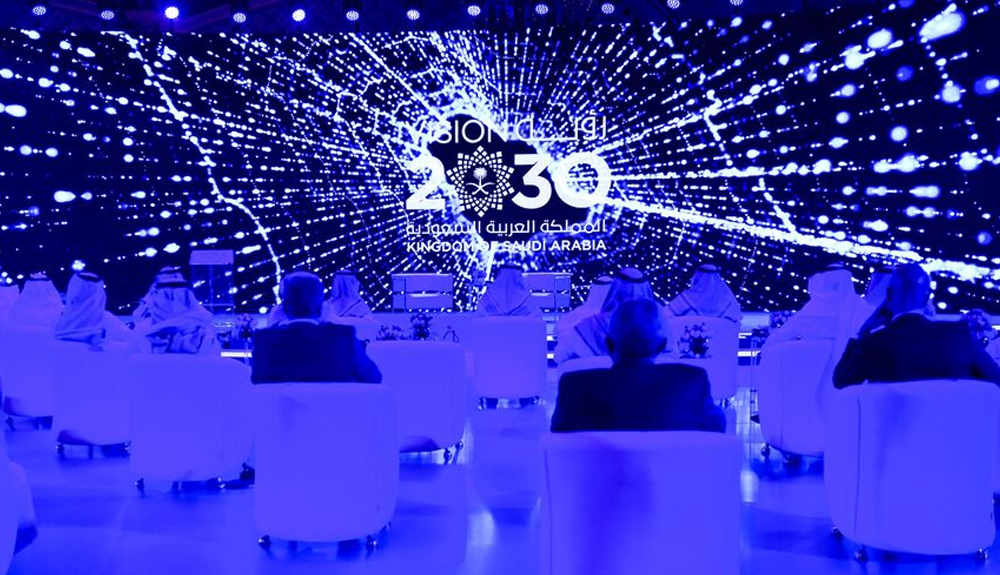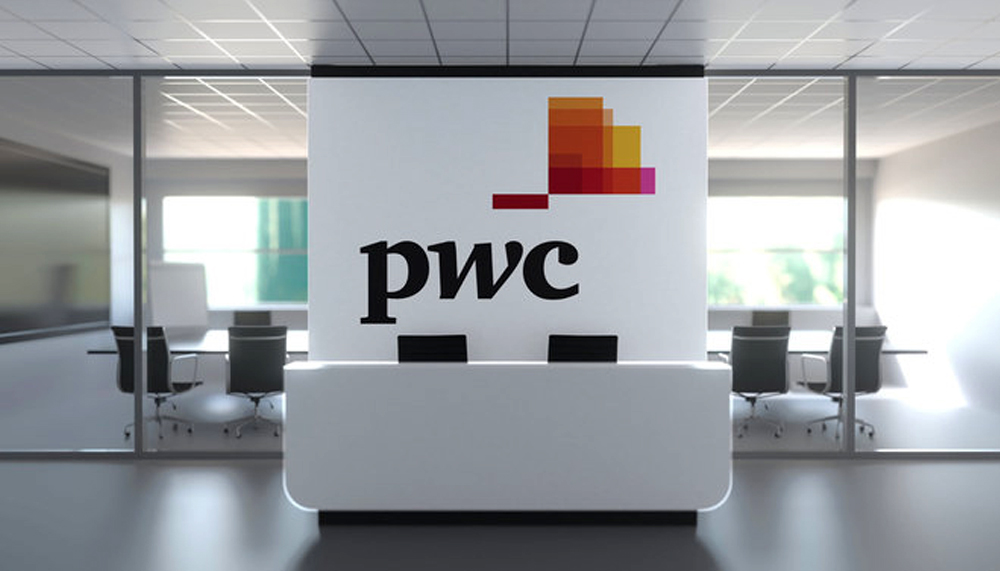
PwC Middle East released the 2023 Workforce Hopes and Fears Survey, which outlines the attitudes and behaviours of 1,563 Middle Eastern respondents from KSA, UAE, Egypt, and Qatar as part of their global Workforce Hopes and Fears survey of 54,000 individuals in 46 countries.
For the fourth year in a row, the PwC Middle East Workforce Hopes and Fears Survey is capturing the sentiments of the workforce across the Middle East. This edition examines the attitudes, mindsets and challenges faced by a workforce that is enthusiastic about embracing digitisation and reducing carbon emissions in the wider region. It is also in sync with the region’s collective vision of building a sustainable future and the need for economic diversification.

As per the findings of the 2023 PwC Middle East Workforce Hopes and Fears Survey, three key themes come to light: Individuals must enhance and refine their skills to thrive in their jobs in the next five years; there is evident excitement surrounding AI, as well as a strong yearning for increased autonomy and job satisfaction.
Embracing the upskilling imperative: Employees recognise the link between upskilling and job success over the next five years.
As the Middle East is undergoing transformational change on multiple fronts, respondents have understood that upskilling is essential to unlocking the Future of Work. 52% of the individuals surveyed in the region, compared to the global 36%, believe their jobs will change significantly in the next five years, requiring them to acquire new skills and capabilities. 61% of respondents stated they possess a distinct understanding of how their skills are anticipated to evolve.

In the Middle East, employees have also displayed a heightened awareness of the importance of green skills compared to their global counterparts. Among the regional respondents, 62% expressed the belief that green skills would play a crucial role in shaping their careers, compared to 39% globally. This strongly aligns the workforce and the region’s green agenda, highlighting a shared vision for sustainable growth and professional development.
Trust in the potential of AI: Artificial Intelligence generating optimism and excitement among employees 46% of respondents in the Middle East recognised that AI had the potential to enhance their workplace productivity, surpassing the global figure of 31%. Notably, the overall perception of AI in the region was highly positive, with 43% of respondents in Egypt, 41% in Qatar and Saudi Arabia, and 39% in the UAE expressing a favourable view. It is worth noting that AI won't replace people, people who know how to use AI will replace people who don't.
Rising demand for autonomy and job satisfaction is fueling increased employee intentions to change their place of employment in the next 12 months
According to the survey findings, 39% of respondents in the Middle East expressed a higher likelihood of switching employers in 2023, compared to 30% reported last year. This trend is predominantly driven by younger employees, with 37% of Gen Z and 40% of millennials leading the movement.

Randa Bahsoun | Partner, Government & Public Sector - New world. New skills. Leader, PwC Middle East, “Our survey highlights that organisations need to recognise the emergence of a new generation in the workforce, Gen Z, which embraces its own characteristics. Organisations need to tailor their structures to create an inclusive workplace environment for all of their professionals. Recognizing the age diversity in their workforce and adapting as the balance continues to shift towards younger employees, along with their expectations and demands. Looking ahead, the significance of digital and green/sustainability skills will continue to grow, playing a crucial role in securing the relevance and future success of organisations.”
To conclude, the survey highlights the importance for organisations to develop a compelling employee value proposition that aligns with the evolving business landscape, integrates new technologies such as AI. It also addresses the changing expectations brought by the entry of newer generations into the workforce.
More information can be found on the 2023 PwC Middle East Workforce Hopes and Fears page.

















